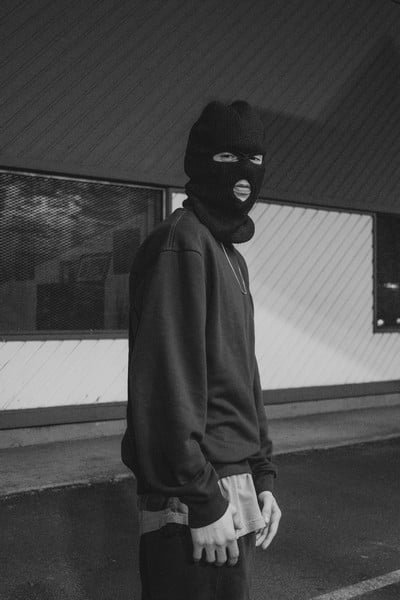Table of Contents
- Definition of Bad Actors
- Types of Bad Actors
- Causes of Bad Actor Behavior
- Consequences of Bad Actor Behavior
- Theoretical Perspectives on Bad Actors
- Addressing Bad Actors
- Conclusion
Sociology, the scientific study of society and human behavior, often delves into various facets of social interaction, including the roles individuals and groups play within societal structures. One pivotal concept within this field is that of “bad actors.” These individuals, also known as deviant actors or social deviants, engage in behavior that deviates from societal norms and values. This article aims to outline and explain the concept of bad actors, examining their types, causes, consequences, and the measures taken to address them, thereby highlighting their significance within sociology.
Definition of Bad Actors
Understanding Deviance
Bad actors are individuals who engage in behaviors that violate social norms and values, either intentionally or unintentionally. Sociologists often refer to these individuals as deviant actors or social deviants. Deviance, as a sociological concept, is the violation of cultural norms, encompassing everything from criminal acts to violations of informal social rules. Deviance is context-dependent; what is considered deviant in one society or group may be seen as acceptable in another.
Bad Actors in Social Contexts
Bad actors can be found in various social contexts, such as families, schools, workplaces, and communities. Their behaviors can range from minor rule-breaking to severe criminal activities. Understanding the nature and impact of these actors is crucial for sociologists as it provides insights into the functioning and stability of social systems.
Types of Bad Actors
Bad actors manifest in various forms, with behaviors that vary in severity and impact. Here are a few common types of bad actors:
Criminals
Criminals are individuals who engage in illegal activities such as theft, assault, or fraud. They intentionally break the law, causing harm to others and disrupting social order. Criminal behavior is a primary focus of criminology, a subfield of sociology, which seeks to understand the causes and consequences of criminal actions.
Bullies
Bullies use their power or influence to intimidate, harm, or control others. Bullying can be physical, verbal, or psychological and targets individuals perceived as weaker or different. This behavior is prevalent in schools, workplaces, and online platforms. Sociologists study bullying to understand its dynamics and to develop interventions to mitigate its effects.
Abusers
Get the full article AD FREE. Join now for full access to all premium articles.
View Plans & Subscribe Already a member? Log in.





